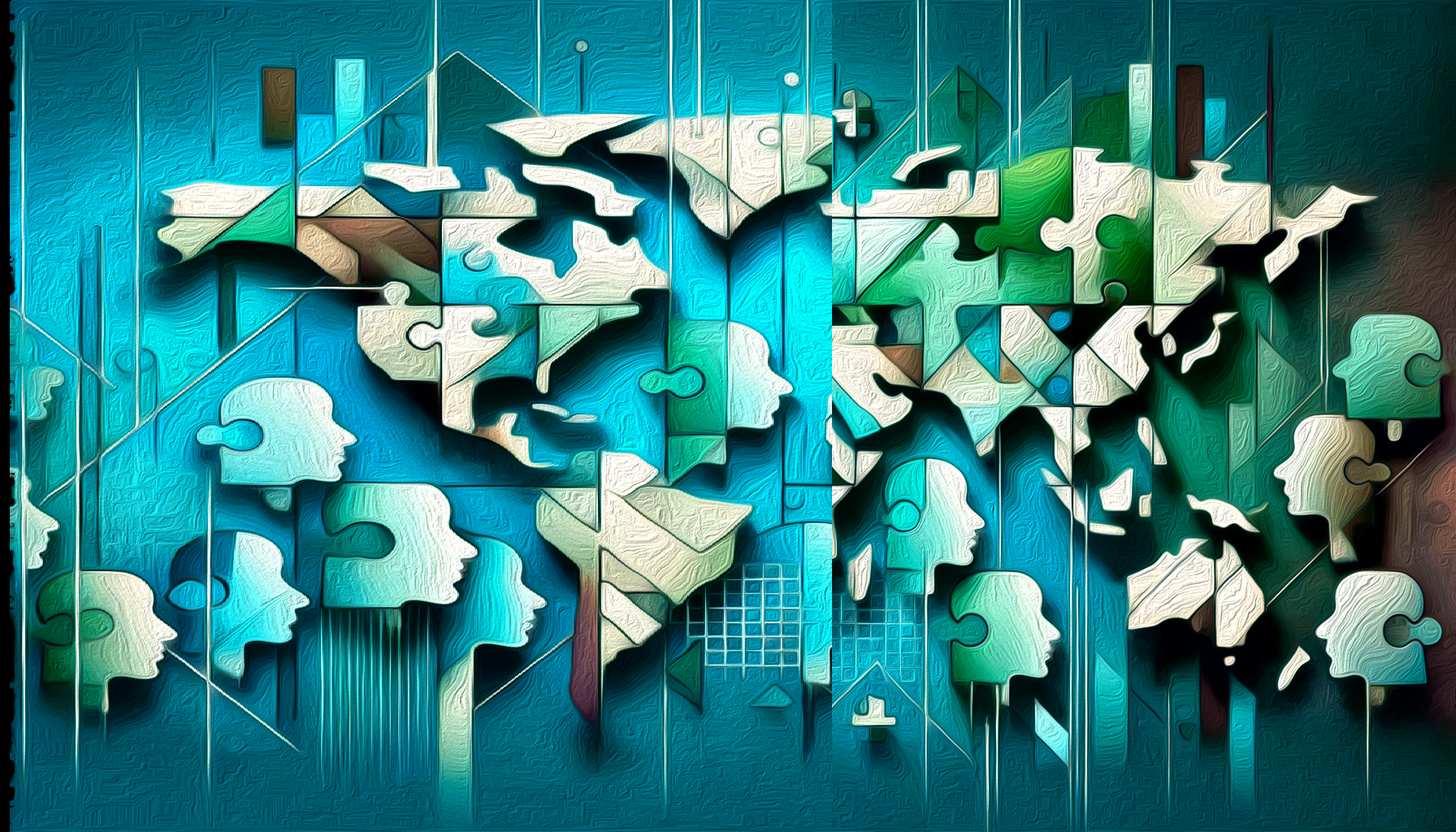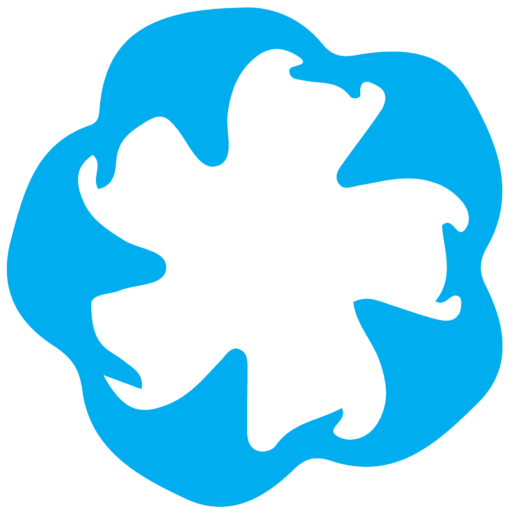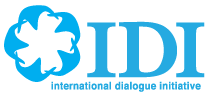Our Workshops and Events
Training Workshops
Thus far, IDI Training Workshops have followed one of three models: The Large Group Identity Workshop, the Case Conference Workshop on Large Group Identity and the Group Sandwich Workshop. These three models are described briefly below. Please contact the IDI if you are interested in learning more about, attending, hosting one of these Training Workshops or designing a Workshop to meet your group’s needs.
Workshop Model One – Large Group Identity and Societal Conflict: Bringing a Psychological Understanding to Conflict Resolution
Working with the conflict theories of IDI President Emeritus Vamik Volkan, participants engage in a multi-day tripartite program, consisting of didactic presentations about large group psychology and interventions, opportunities to reflect on large group identity in members’ own lives and case studies from members and the IDI, all in an effort to apply large-group identity principles to actual work on societal conflict. For more information, please see the “Upcoming Workshop” tab.
Workshop Model Two – Case Conference Workshop on the Significance of Large Group Identity in Understanding Societal Conflict
This Workshop uses a case conference model to explore the way that historical trauma becomes part of group identity and profoundly affects a society relationships, within and across its boundaries. How can we understand large group identity, learn about the emotional history it represents, and bring this knowledge to fruition in our work, particularly with regard to the disturbed societal relationships so often encountered in negotiation and international work? The Workshop is directed to those who already have some knowledge of Professor Vamik Volkan’s concepts and are interested in an in-depth exploration of cases – either one’s own case or the cases of others. The Workshop also includes a focused review of Professor Volkan’s ideas, an opportunity to explore large group identity in one’s own life, a framework for thinking about intervention.
Workshop Model Three – The Group Sandwich Model for Conflict Dialogue
Human beings are predominantly social, and therefore are deeply motivated by inclusion, exclusion and rejection dynamics. The Sandwich Model was designed by IDI member, Robi Friedman, to cope with such conflictual dynamics in disturbed communities. An extended Large Group interaction is “sandwiched” between two brief Small Group sessions, and, if led well by staff “conductors” trained in Group Analysis, has a unique potential to transform hate into non-violent co-existence.
These different interpersonal settings carry different emotional resonances and mobilize different forms of coping. The Small Group can feel like the family, which promises protection against rejection. Participants can feel secure, even as they begin to voice conflicts. The Large Group has a different atmosphere, more akin to the public space and therefore more risky. But it also makes face-to-face encounter possible for quite a large number of participants. Powerful verbal and non-verbal experiences expose participants to the views of others, and enable the discovery of one’s own voice and view.
The Large Group thus provides a developmental space for individuals and sub-groups struggling to find their voices in the presence of a threatening “mass” of people and the massive authority they seem to carry. Exclusion and rejection dynamics are indeed experienced but become tolerable and a source of learning because they are handled in benign ways. Members have the opportunity to counter extremism by enabling violence-inhibiting feelings like guilt, shame and empathy to operate. Dynamics of splitting, projection and hating, which may have been lived out between groups in conflict, are noticed, contained and made sense of. In the process, individuals differentiate themselves and become more human to each other. The closing Small Group both calms participants and helps them integrate what they have learned.
The Sandwich Model has been used with both professionals and laymen in conflict situations: In the Ukraine during the war, in Northern Ireland with politicians and leaders of civil society, in German-Jewish dialogues, and in schools, Arab-Israeli villages and kibbutzim. This Workshop should prove useful to mental health professionals who work with groups and want to expand the application of their skills. It may also prove useful to other professionals who are interested in learning the group psychology of societal conflict


